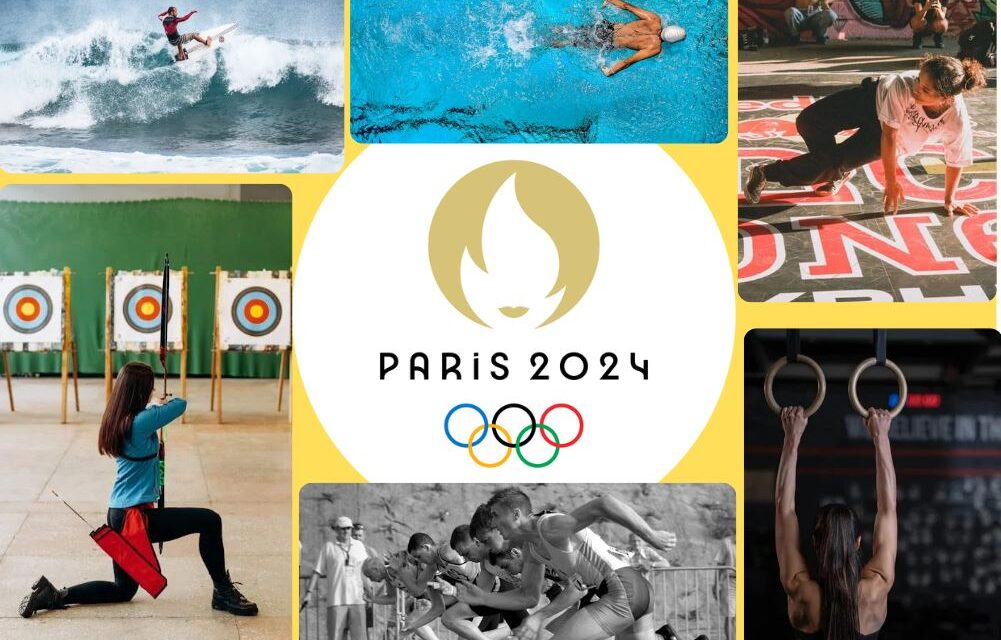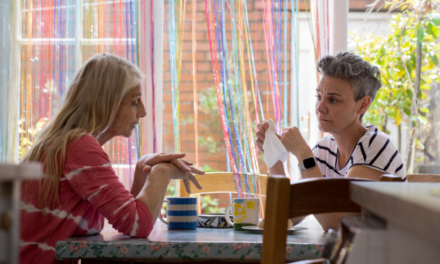When the 2024 Olympics began in Paris on 26 July it was the continuation of a tradition that stretches back around 2,800 years.
The Games have come a long way since then, of course. This year’s Olympic games are a lot different to the original games held in Olympia, Ancient Greece. For example, surfing, breaking and skateboarding are now part of the games as well as the more ‘traditional’ sports.
The original games excluded women and people with disabilities. Thankfully that changed with the modern games and women have been competing in the games for 124 years and Paralympians since 1948 -although the Paralympic Games as we know it only began in 1960. The Games continue to evolve, and this year is the first-time men will compete in the artistic swimming competition.
Events and rules may change. But people will always want to test their skills and athletic ability to see who is the best in the world.
The benefits of being active
Playing sports has many health and wellbeing benefits. Whether you’re at the top of your chosen sport, or an amateur who enjoys playing their chosen game for fun. The important thing is staying active improves your physical and mental health.
Being active doesn’t mean you have to compete in global tournaments or run marathons. Housework, gardening or yoga counts too. It’s about listening to your body and moving in a way you enjoy; doing exercises that make you happy, like taking a leisurely bike ride or going for a gentle walk in the morning. These things will help ensure movement becomes part of your daily routine.
The NHS’ physical activity guidelines suggests adults should aim to:
- do muscle strengthening activities at least two days a week
- do at least 150 minutes of moderate intensity activity a week
- spread exercise evenly over at least four days a week, or every day
- break up long periods of not moving with some activity
In general, the more time spent being active, the greater the health benefits.
People who do regular physical activity have lower risk of the following illnesses (among many others):
Find a sport near you
- Active Sussex website has everything from classes to wheelchair workouts and seated activities for older people
- Active Rother website will help you find a sport to match your needs in the Rother district
- East Sussex Sports: with 32 sports included in this year’s Olympics, you’re sure to see one you’d like to try. If you feel inspired to practice a sport such as fencing, archery or sailing you can find a club here
- Bexhill jump park is for people who prefer their sports extreme. This BMXing park has a jump area and floodlit race track. It’s also home to Dean Reeves, who’ll represent Morocco in the 2024 Games
- there’s lots to do in Hastings. From tug-of-war to athletics, there’s a club to suit you in the Hastings area
Lesser-known Olympic sports
Many things have changed since the first modern Olympic games began in 1896 in Athens, Greece.
We’re all familiar with gymnastics, track events and swimming. But how much do you know about the lesser-known Olympic sports?
Breaking
More commonly known as break-dancing, this is the first time breaking is included in the adult games – it made its debut in 2018 Youth Olympic Games in Buenos Aires.
You can watch the sport on 9 and 10 August when 16 B-Boys and B-Girls will be competing for a gold medal.
Surfing
Having made its Olympic debut at the 2020 Tokyo Games, surfing returns this year. You might be forgiven for thinking there’s no waves in Paris. And you’d be right. The water-based competition is being held in Teahupo’o (pronounced “tear-hoo-poh-oh), in French Polynesia.
The surfing competition runs between 27 to 31 July.
Tug of war
This is one of the oldest of the Olympic sports and may date back as far as 2500BC. It was part of the modern Olympics from 1900 to 1920, but is no longer a part of the games.
Originally in the athletics class – it was later moved to its own category. Of the sports five inclusions, England won Olympic gold twice in this event.
Join a Tug of War team near you: English Tug of War Association | Facebook
The Arts
This broad category ran from 1912 to 1952. It included music, architecture, literature and painting. The rule was every work had to be inspired by sport.
Unusually, the musical entrant had to submitted on paper. It wasn’t until 1936 the winning piece was played to audiences.
And it wasn’t until the Amsterdam Games in 1928, that town planning was included as a category in the architectural competition




